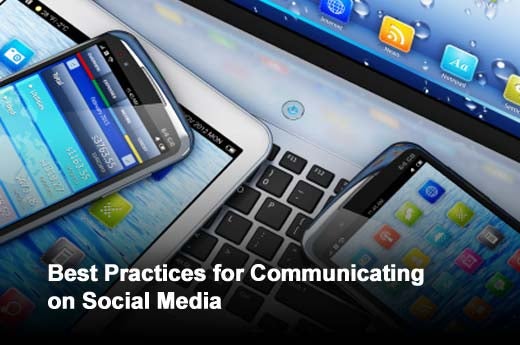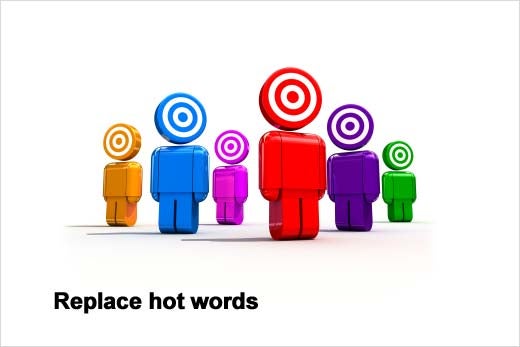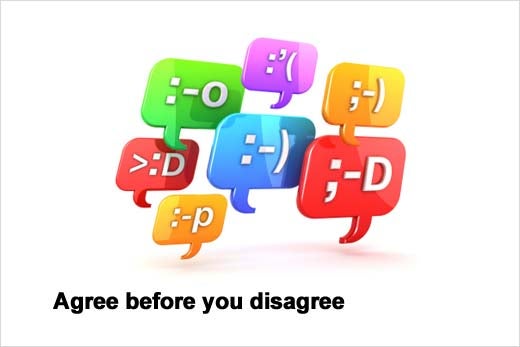Social networks are becoming increasingly hostile, with 78 percent of users reporting rising incivility online and two in five blocking, unsubscribing or “unfriending” someone over an argument on social media, according to new research from the authors of the New York Times best-seller Crucial Conversations.
The online survey of 2,698 respondents suggests contentious conversations that begin online tend to spill over into real life. The study also indicates that people are generally less polite and tensions often go unresolved on social media. Specific findings include:
- 76 percent have witnessed an argument over social media
- 19 percent have decreased in-person contact with someone because of something they said online
- 88 percent believe people are less polite on social media than in person
- 81 percent say the difficult or emotionally charged conversations they have held over social media remain unresolved
Joseph Grenny, co-author of Crucial Conversations, says these tensions arise and go unresolved in part because online conversations provide a unique set of challenges that are seldom taken into consideration when people begin typing their frustrations.
“Social media platforms allow us to connect with others and strengthen relationships in ways that weren’t possible before. Sadly, they have also become the default forums for holding high-stakes conversations, blasting polarizing opinions and making statements with little regard for those within screen shot,” says Grenny. “We struggle to speak candidly and respectfully in person, let alone through a forum that allows no immediate feedback or the opportunity to see how our words will affect others.”
Grenny offers tips for communicating both candidly and respectfully on social media.
|
Additional resources are available through our IT Downloads: |
Click through for five tips for communicating both candidly and respectfully on social media, as identified by Joseph Grenny, co-author of Crucial Conversations.
Social media hasn’t only changed the way we communicate, it has modified our motives. Ask yourself, “Is my goal to get lots of ‘likes’ (or even provoke controversy)?” or “Do I want healthy dialogue?”
Additional resource: Social Media Opportunity Assessment Tool
If your goal is to make a point rather than score a point, replace “hot” words that provoke offense with words that help others understand your position. For example, replace “that is idiotic” with “I disagree for the following reasons…”
Never post a comment when you’re feeling emotionally triggered. Never! If you wait four hours, you’re likely to respond differently.
Additional resource: Social Media Policy and Procedures Template
It’s fine to disagree, but don’t point out your disagreement until you acknowledge areas where you agree. Often, arguers agree on 80 percent of the topic but create a false sense of conflict when they spend all their time arguing over the other 20 percent.
When you’re reading a response to your post and you feel the conversation is getting too emotional for an online exchange — you’re right! Stop. Take it offline. Or better yet, face-to-face.
Additional resource: Social Media Content Guidelines








